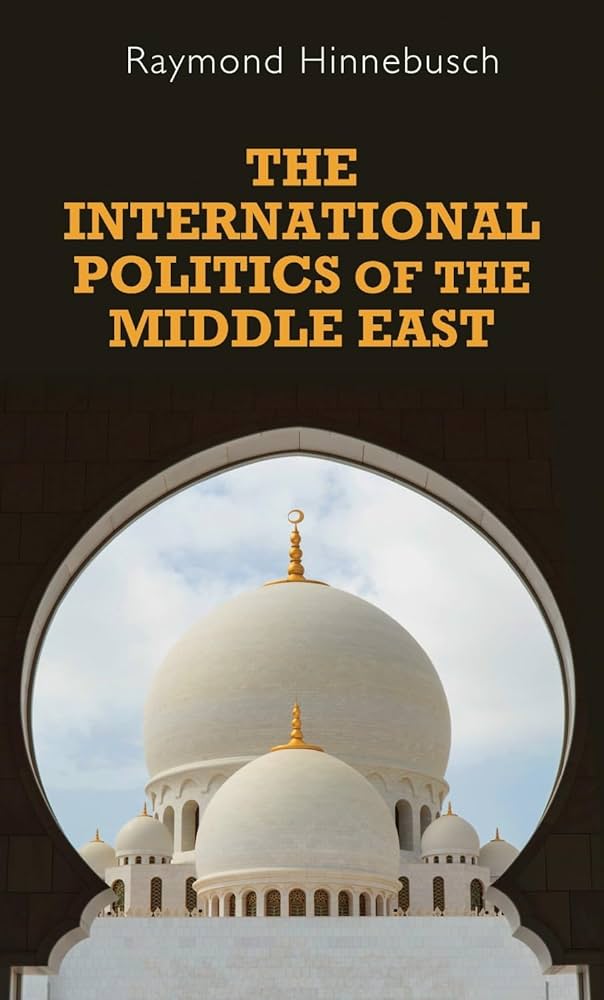Iran Shows Willingness to Reopen Nuclear Talks with U.S.
The Islamic Republic of Iran reveals a nuanced stance on diplomacy, displaying signs of its willingness to reopen nuclear discussions with the United States. Regardless of perspective, these signs underscore the indispensable practicality of political realism—a virtue born out of necessity. This substantial shift seems even more significant in light of the recent military conflict involving Israel that gave rise to some significant assertions from Iran.
Immediately preceding the sixth cycle of the Iran-US nuclear parleys in Muscat, an Israeli military offensive on June 13 threatened to create tensions. Iran found itself in a 12-day skirmish with Israel, during which compelling statements were made by Iran. Ali Khamenei, the Supreme Leader, led these declarations, announcing Iran’s ‘triumph’ over Israel and a metaphorical ‘hard blow’ to the United States.
Supporters of the Iranian regime used social media platforms to share claims of considerable success in defeating and impairing Israel’s military strength. They notably expressed satisfaction regarding the unreliability of Israel’s defense mechanisms against Iran’s drones and ballistic missiles. They further elaborated that it was Israel, not Iran, pushing for a ceasefire, hinting that Iran could have proceeded with its military offensive.
The dialogues surrounding the scope and consequences of the bombings on nuclear facilities by Israel and the United States leaned heavily in favor of the Iranian narrative. Notably, Iran made some politically astute decisions that caught the attention of international observers. On July 2, President Masoud Pezeshkian ratified a law to discontinue collaboration with the International Atomic Energy Agency, a move that sparked significant debate.
There was provocative talk of Iran possibly following in the footsteps of North Korea by withdrawing from the Nuclear Non-Proliferation Treaty—an extreme measure that indicated increasing desperation. Reminiscent of the path leading up to the 2015 nuclear deal, Iran once again identified the European powers as the weaker link in the global diplomatic arena.
Iran’s Foreign Minister issued a stark warning: continuation or escalation of UN sanctions would only result in terminating the European role in the negotiations. Dominantly, Iran refuted any chance of recommencing nuclear dialogues, primarily while the Trump Administration maintained its public stance of ‘zero enrichment.’
Although the clerical leadership in Tehran maintains staunch ideological and dogmatic positions, it does not harbor a death wish. The regime’s survival for nearly four decades heavily depends on its ability to make pragmatic adjustments and sometimes controversial reversals. For example, after declaring a continuous war with Iraq, Ayatollah Khomeini accepted a ceasefire in July 1988, equating it to ‘ingesting poison.’
This form of ‘poison’ now appears as the harsh reality of Middle Eastern politics. Upon the cessation of missile-based hostilities, Iran found itself largely alone in the region. Despite a general desire among major regional players to end the Israel-Iran confrontation and public criticism of Israel for aggressive infringements on Iranian sovereignty, Iran received limited support.
Iran remained virtually unsupported, with no substantial assistance coming its way, be it from regional states or its own affiliates. Even Iran’s proxy alliances, such as Hamas, Hezbollah, or PMF in Iraq, chose not to participate in the conflict. Notably, countries like Jordan, Syria, and potentially Saudi Arabia took a proactive stance, intercepting Iranian missiles that violated their airspaces. Intriguingly, it seemed that Israel utilized Syrian airspace for attacks on Iran.
Israeli officials furthermore released statements indicating that the Trump administration would not hinder Israel’s future military actions against Iran’s nuclear facilities, should the need arise. Iran’s internal situation was further complicated by evidences pointing to Israeli agencies exploiting internal discontent against the regime.
A significant concern is the fate of Afghan refugees in Iran, currently estimated at six million. A large number of these refugees were compelled to return to Afghanistan, with over a quarter million deported in June alone. This process seemed to have been expedited during the 12-day skirmish.
On a global scale, reactions were more reticent. President Putin of Russia, having experienced difficulties with Bashar al-Assad, exercised extreme caution. Chinese President Xi did ramp up pressure on Israel regarding the Gaza Strip but stopped short of endorsing Iran’s aggressive stance.
Iranian officials justified the Israel-Iran confrontation as a necessary sacrifice for their unwavering advocacy for the Palestinian cause. Consequently, the few countries expressing open support for Iran were predominantly those with Palestinian officials.
Facing a myriad of economic, political, social, and religious challenges, Iran’s clergy find themselves under increasing strain four decades into their rule. Public disapproval could emerge forcefully when military tensions subside. The religious leadership is acutely conscious of this fact.
This backdrop might explain the renewed Iranian interest in reopening nuclear discussions with the US. Foreign Minister Abbas Araghchi is quoted saying that Iran is evaluating aspects such as the timeframe, venue, format, components and required guarantees of these discussions. Although the resumption of talks might not be immediate and may necessitate several preliminary and post-deal arrangements, it seems that negotiations have been activated. In line with George Bernard Shaw’s famous words, Iran has consented to the principles and is currently negotiating the details.



